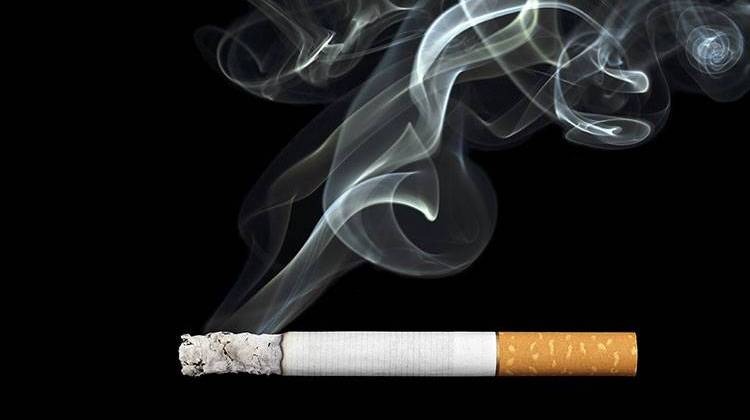INDIANAPOLIS -- An outspoken critic of the state’s vaccination reminder letter seems to have sparked several changes in the language of those letters, and health experts worry fewer parents will now vaccinate their children against human papillomavirus (HPV).
The Indiana State Department of Health regularly sends out thousands of letters, generated by the state’s vaccination registry, reminding parents to vaccinate their kids against various infections. One of those infections, HPV, is known to cause various forms of cancer, as well as genital warts. Though it's not required in Indiana, the HPV vaccine widely recommended widely recommended by public health organizations such as the Centers for Disease Control and Prevention.
A few weeks ago, Micah Clark, head of the conservative American Family Association of Indiana, received one such letter from the Indiana State Department of Health. It stated that his 14-year old daughter hadn’t yet been vaccinated against HPV and encouraged a vaccination to protect against various cancers.
Clark was not happy about the letter, and he decided to send an email to his supporters. He called the letter “intrusive” and said he was frustrated by the state government acting as a “papa bear.”
Gov. Mike Pence said he would look into it, and days later, the health department changed the language. The letter will now remind parents that the HPV vaccine is optional — the state also allows exemptions for other vaccines on religious or medical grounds — as is participation in the state vaccination registry.
Experts are concerned that the new language will be less effective at getting parents to vaccinate their kids.
“The viruses themselves are very common,” says Dr. Dennis Fortenberry, director of the Center for HPV Research at the Indiana University School of Medicine.
He says the various types of HPV viruses are so common, that almost everyone will be exposed at some point. The viruses are commonly known to cause cervical cancer in women, but are also responsible for other cancers: approximately 27,000 cases every year, in both males and females.
“So we’re talking about a substantial number of people who have cancers that are nearly 100 percent preventable through the use of this vaccine,” says Fortenberry.
Reminder letters like the one sent out by the health department have been shown to work: A parent sees the letter and take their kid to get the shots. But Indiana’s vaccination rate against HPV is especially low — less than half of teenage girls and only 13 percent of teenage boys get all three shots in the series — and with the letter’s new wording, experts are concerned that participation will remain low.
“I’m concerned we’ll see other kids remain unprotected against this cancer,” says Beth Meyerson, who heads the Rural Center for AIDS and STD Research. “What we’ve really just done is undercut public health entirely.”
Both Fortenberry and Meyerson say the new version of the letter downplays the risks of HPV, and instead, makes too big a deal of the fact that it can be transmitted sexually. Meyerson argues that could cause parents to wait — since their kids are not yet sexually active — when they should be more proactive in getting the vaccine.
Again, unless kids choose a life of celibacy, they’ll likely be exposed to HPV at some point. So, unlike Micah Clark, Meyerson does plan to vaccinate her own kid against HPV.
Note: Both the Indiana State Department of Health and Gov. Mike Pence’s office declined to be interviewed for this story and did not answer repeated questions about these events via email.
Updated letter
Original letter
 DONATE
DONATE









 Support WFYI. We can't do it without you.
Support WFYI. We can't do it without you.